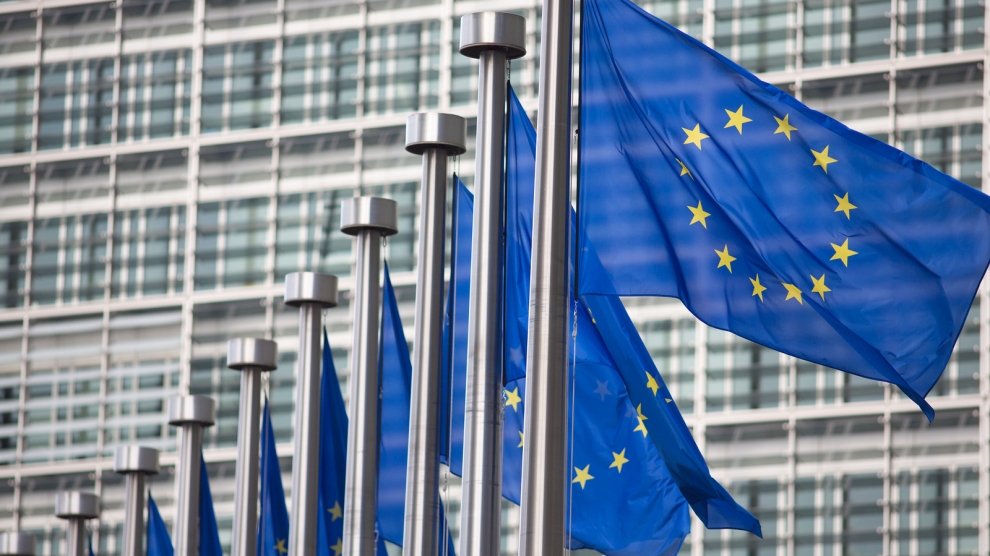
EU Safeguard Measure is to be reviewed for a possible extension
The European Commission officially announced today that the EU Safeguard Measure is to be reviewed for a possible extension. This is backed by 14 member states who had already requested a review from the EC in January 2024.
The European Commission officially announced today, Friday, February 9, 2024, that the EU Safeguard Measure on certain steel products, which was due to expire in mid-2024, is to be reviewed for a possible extension at the insistence of 14 EU member states.
In addition, the measure is most likely to be extended to the longest possible and WTO-compliant period of 8 years.
US Section 232 tariffs have come to stay
Since the US Section 232 tariffs of the Trump Administration from 2018 are still in force and it is not to be expected that they could be repealed in the foreseeable future, the EC has now also recognized: “…that there are no elements suggesting that the US will be removing the Section 232 measures on steel”.
The introduction of the US punitive tariffs triggered a backlash from the European Union and led to the existing EU Safeguard Measures against steel imports to Europe in 2019.
German steel regions had called for EU Safeguard extension
Last Wednesday, we reported on the German steel regions’ call for the German government in Berlin to support a continuation of the Safeguard measure and that it is therefore only a matter of time before the EC takes action.
Source: steelnews.biz

